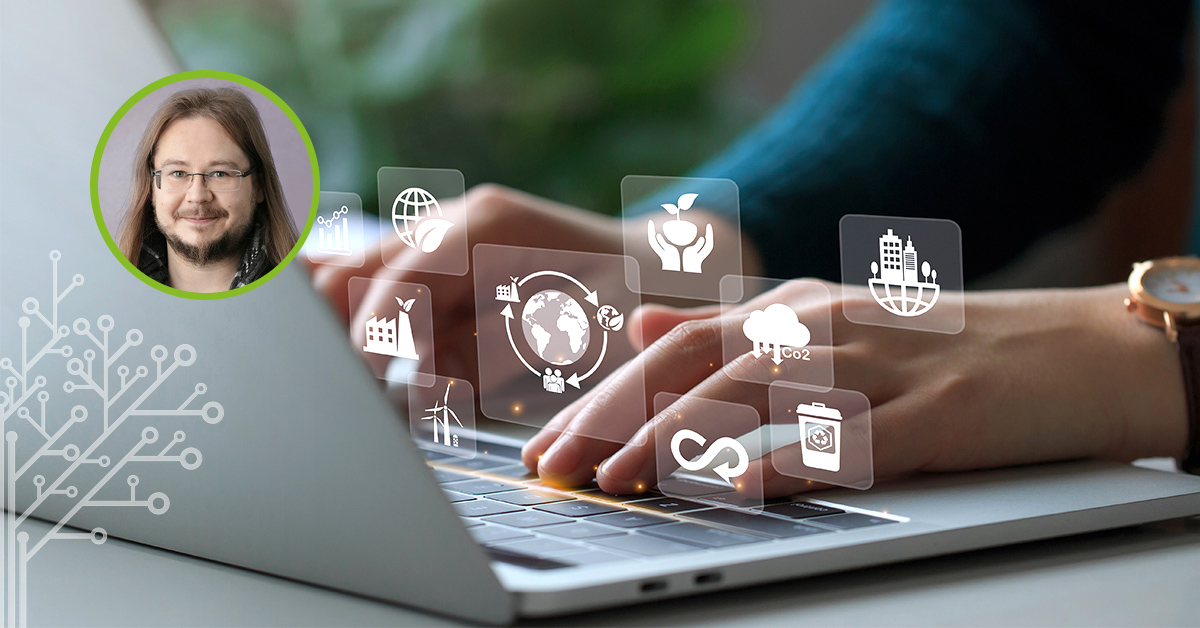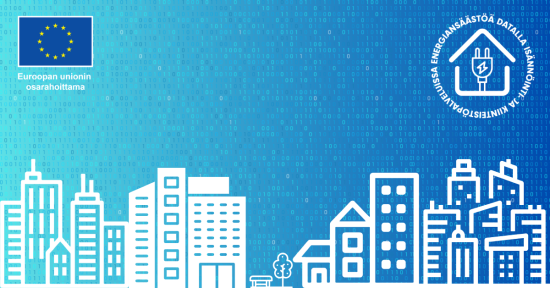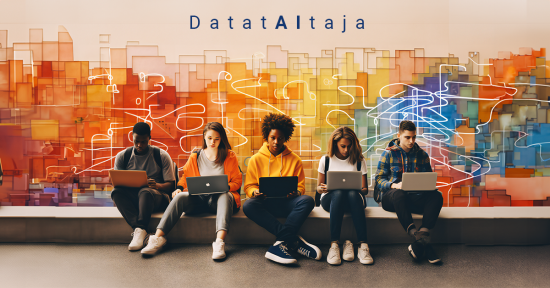Eco-friendly technology and sustainability are now key challenges in ICT, a field with a high rate of energy consumption and a high environmental impact. Organisations worldwide are seeking ways to reduce their carbon footprint and promote more environmentally sustainable practices.
TIEKE takes these challenges seriously, and has developed comprehensive and versatile ways of making ICT activities more sustainable. They help companies to assess, train and steer their activities in a more eco-friendly direction.
Free tools for promoting sustainable digitalisation
The tools available are compiled in the Green ICT portal, maintained by TIEKE. They have several benefits, such as:
- helping to get started with Green ICT
- helping to identify areas for development
- helping to measure the real impact of development measures
- allowing a focus on eco-friendlier procurement
- steering the whole company in a more environmental direction.
All the tools are available to businesses free of charge.
Green ICT portal tools
For the time being, most of the tools on the Green ICT portal are only available in Finnish. In English, there is a producer’s guide for organisations, which gives a good basic understanding of how to make software production more environmentally sustainable.
The portal’s Finnish-language knowledge base also includes guides for application developers and procurers, as well as an info pack for small and medium-size enterprises on how to master Green ICT.
The portal also contains many useful video recordings and a glossary of terms for newcomers to the topic. There are also two handy tools in Finnish:
Green ICT questionnaire
- This is an easy-to-use, multiple-choice questionnaire to assess the role of ICT in the climate and environmental impact of business operations.
- It produces a development plan for the green transition in software production and consulting.
MitViDi
- Available free of charge, this is a means of assessing the energy consumption and climate impact of software.
- It is intended to facilitate the comparison and tendering of ICT procurement.
- MitViDi is suitable for public administrations, companies and others considering ICT procurement.
- It includes procurement criteria and the associated justifications, and helps purchasers to select the most suitable criteria for their own use.
- Software companies can also use MidViDi to assess the environmental impact of their services, products and activities.
Tools for business needs
In the Visiiri project, which has just begun, the useful toolkits developed in previous Green ICT projects will be expanded. Visiiri will bring together existing tools and develop new tools, information packages and training to help businesses and others to make their operation more climate-friendly and environmentally friendly.
Because the Green ICT tools and other materials must meet the real needs of businesses, the extension will be carried out in partnership with them. In other words, the tools were developed through collaboration between universities and internationally recognised experts and companies.
By joining the Visiiri project, companies can develop a comprehensive package of guidance and self-learning to maintain and develop their knowledge base and get assistance in operating in a more environmentally sustainable way. The material produced by the project will therefore meet the needs of ICT companies as comprehensively as possible.
Green ICT Project Manager Antti Sipilä
The tools and information packages implemented in the Green ICT Visiiri project will make it easier than ever for companies and others to plan, train and steer their operations in a more sustainable direction.
Collaborate with TIEKE?
Want to help organizations in themes such as digital competence, data economy, real-time economy, or sustainability? Partner with us!
TIEKE Finnish Information Society Development Centre is a non-profit organisation founded in 1981 aiming to develop, improve and support a thriving information society and all its digital endeavours.
We help organizations in various ways:
- Projects and initiatives
- Networking and ecosystem work
- Surveys and studies
- Expert services and advice
- Webinars, online trainings and coaching programmes
- Materials and guides
We have a track record working in various project roles: coordination, partner, expert, comms and more.
We run around 15 projects per year and are familiar with instruments such as CERV, Erasmus, ERDF and ESF.
We work with wide array of target groups such as SMEs, large companies, educational organizations, public sector and associations.
Don’t hesitate to get in touch to discuss collaboration opportunities with us!










